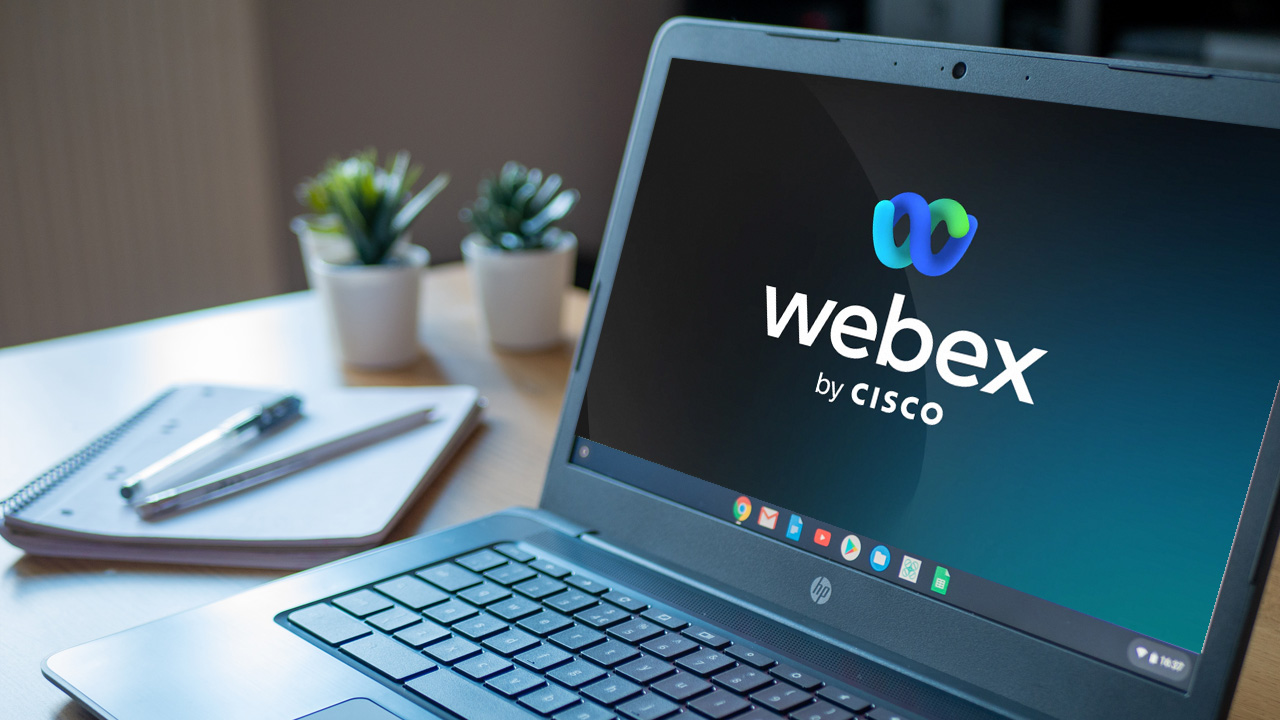Technology
Cisco Unveils AI Agents to Transform Workplace Collaboration

Cisco has announced a significant expansion of its artificial intelligence capabilities with the introduction of new AI agents designed to enhance workplace collaboration. The announcement was made during the WebexOne 2025 conference, where the company highlighted its initiative, termed “Connected Intelligence.” This move aims to automate various tasks within the Webex platform, positioning Cisco to compete with industry leaders such as Zoom.
The newly introduced tools include a task agent, which generates action items from meetings, a notetaker agent that transcribes and summarizes discussions, a polling agent for participant input, and a meeting scheduler that proposes times based on participant availability. Additionally, Cisco has unveiled a new AI receptionist, described as an “always-on virtual receptionist,” capable of addressing customer inquiries, managing scheduling, and transferring calls.
Integrating AI into Business Operations
General availability for these AI enhancements is anticipated in Q4 2025 and Q1 2026. Cisco is also working on integrations with platforms such as Amazon Q Index, Microsoft 365 Copilot, Salesforce, and Jira. These partnerships aim to optimize the value of Cisco’s tools for a broader customer base.
Chief Product Officer Jeetu Patel emphasized the potential of “Connected Intelligence” to fundamentally transform interpersonal connections and interactions with AI. He stated that this initiative would enhance productivity by enabling humans and AI agents to collaborate effectively.
RoomOS 26, the latest operating system for Cisco Collaboration Devices, will support access to these new agents. It also introduces advanced features such as audio zones, utilizing the AI-powered Ceiling Mic Pro to capture sound within designated boundaries. These enhancements are expected to be available by the end of 2025.
Enhancing Meeting Experiences with AI
Cisco has collaborated with Nvidia to create digital twins of users’ meeting rooms, allowing IT teams to optimize configurations. This innovation reflects Cisco’s commitment to improving the user experience and streamlining workflows.
The introduction of these AI agents aligns with broader trends in the technology sector, where companies like Zoom are reimagining their platforms as AI-driven productivity ecosystems. As organizations increasingly adopt these technologies, the role of human receptionists and traditional meeting structures may evolve significantly.
With these advancements, Cisco is poised to reshape how businesses operate, offering tools that promise to boost productivity and streamline communication in the workplace. As the landscape of remote and hybrid work continues to evolve, the company’s focus on AI integration could play a pivotal role in defining the future of collaboration.
-

 Science2 weeks ago
Science2 weeks agoNostradamus’ 2026 Predictions: Star Death and Dark Events Loom
-

 Technology1 month ago
Technology1 month agoOpenAI to Implement Age Verification for ChatGPT by December 2025
-

 Technology6 months ago
Technology6 months agoDiscover the Top 10 Calorie Counting Apps of 2025
-

 Health4 months ago
Health4 months agoBella Hadid Shares Health Update After Treatment for Lyme Disease
-

 Health4 months ago
Health4 months agoAnalysts Project Stronger Growth for Apple’s iPhone 17 Lineup
-

 Health4 months ago
Health4 months agoErin Bates Shares Recovery Update Following Sepsis Complications
-

 Technology4 months ago
Technology4 months agoElectric Moto Influencer Surronster Arrested in Tijuana
-

 Technology5 months ago
Technology5 months agoDiscover How to Reverse Image Search Using ChatGPT Effortlessly
-

 Technology6 months ago
Technology6 months agoMeta Initiates $60B AI Data Center Expansion, Starting in Ohio
-

 Technology6 months ago
Technology6 months agoRecovering a Suspended TikTok Account: A Step-by-Step Guide
-

 Education4 months ago
Education4 months agoHarvard Secures Court Victory Over Federal Funding Cuts
-

 Technology2 months ago
Technology2 months agoDiscover 2025’s Top GPUs for Exceptional 4K Gaming Performance















